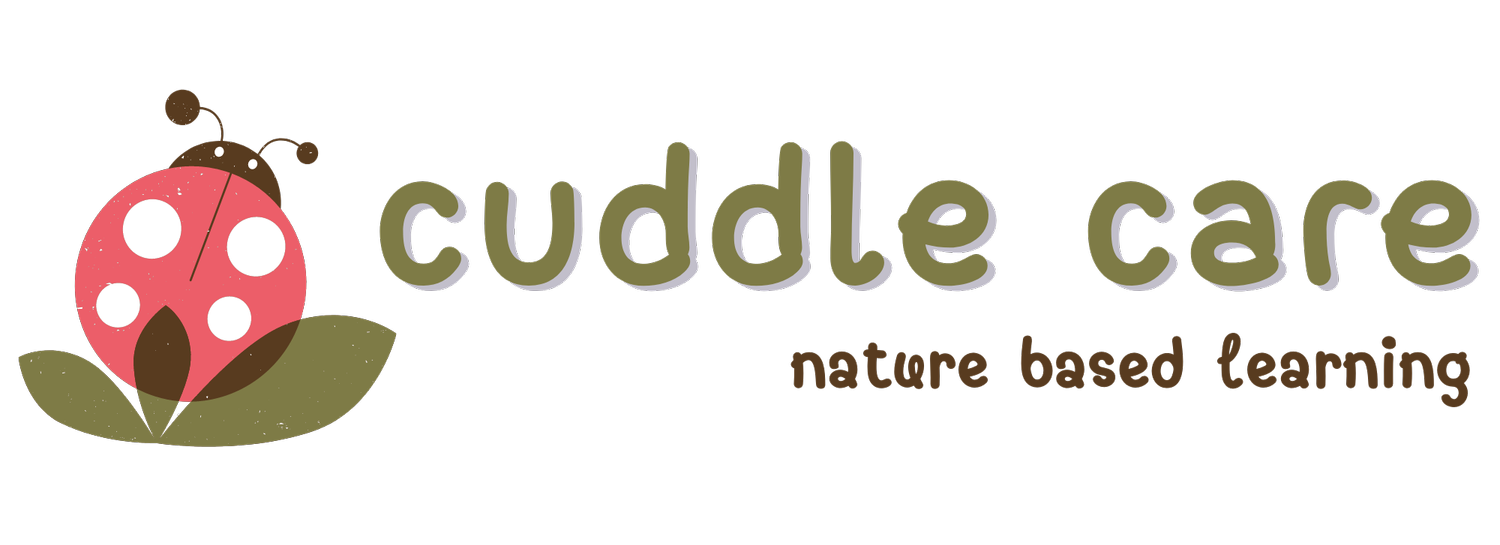We’re passionate about helping your children grow and make an impact.
Nature-based learning, a holistic approach to education, taps into the intrinsic curiosity of children, fostering a deep connection with the environment. This educational philosophy believes that exposure to nature not only enhances academic learning but also promotes emotional and physical well-being. By integrating outdoor experiences with traditional classroom education, learners of all ages are encouraged to explore, question, and understand the natural world around them.
Benefits of Nature-Based Learning:
Children with symptoms of Attention Deficit Hyperactivity Disorder (ADHD) are better able to concentrate after contact with nature (Taylor et al. 2001).
Children with views of and contact with nature score higher on tests of concentration and self-discipline. (Wells 2000, Taylor et al. 2002).
When children play in natural environments, their play is more diverse with imaginative and creative (Moore & Wong 1997, Taylor, et al. 1998, Fjortoft 2000).
Exposure to natural environments improves children’s cognitive development by improving their awareness, reasoning and observational skills (Pyle 2002).
Nature buffers the impact of life’s stresses on children and helps them deal with adversity. The greater the amount of nature exposure, the greater the benefits (Wells & Evans 2003).
Play in a diverse natural environment reduces or eliminates bullying (Malone & Tranter 2003).
Nature helps children develop powers of observation and creativity and instills a sense of peace and being at one with the world (Crain 2001).
Early experiences with the natural world have been positively linked with the development of imagination and the sense of wonder (Cobb 1977, Louv 1991). Wonder is an important motivator for lifelong learning (Wilson 1997).
Children who play in nature have more positive feelings about each other (Moore 1996).
Natural environments stimulate social interaction between children (Moore 1986, Bixler et al. 2002).
Outdoor environments are important to children’s development of independence and autonomy (Bartlett 1996).
Improves academic performance. Studies in the US show that schools that use outdoor classrooms and other forms of nature-based experimental education support significant student gains in social studies, science, language arts, and math. Students in outdoor science programs improved their science testing scores by 27% (American Institutes for Research, 2005).
Increases physical activity. Children who experience school grounds with diverse natural settings are more physically active, more aware of nutrition, more civil to one another and more creative (Bell and Dyment, 2006).
Improves nutrition. Children who grow their own food are more likely to eat fruits and vegetables (Bell & Dyment, 2008) and to show higher levels of knowledge about nutrition (Waliczek, & Zajicek, 2006). They are also more likely to continue healthy eating habits throughout their lives. (Morris & Zidenberg-Cherr, 2002).
Improves eyesight. More time spent outdoors is related to reduced rates of nearsightedness, also known as myopia, in children and adolescents (American Academy of Ophthalmology, 2011).
Improves self-discipline. Access to green spaces, and even a view of green settings, enhances peace, self-control, and self-discipline within inner city youth, and particularly in girls (Taylor, Kuo and Sullivan, 2001).
Meet the Coté Family
Amy and Andy Coté and their three children hold their roots in the Howard-Suamico community. After watching their children grow and thrive through Cuddle Care, they excitedly took the opportunity to purchase the daycare when the previous owner retired. Understanding the crucial role early childhood education plays in the development of children, they are dedicated to ensuring that the daycare remains a cornerstone for quality care and learning. Amy and Andy Cote are looking forward to fostering a strong sense of belonging and community among the children, parents, and staff. They believe in the power of community support and the positive impact it can have on a child’s development.



